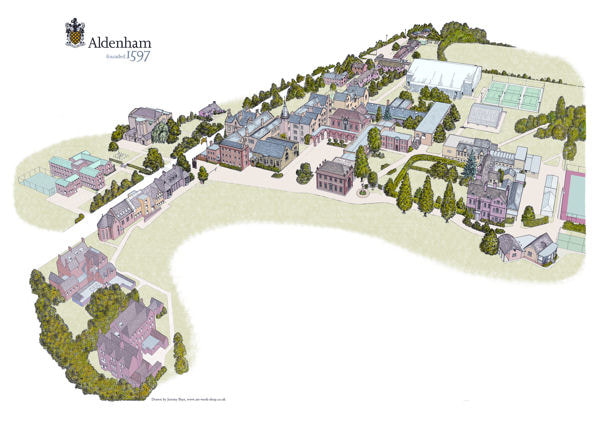|
Classrooms
The 3 teachers mainly teach in their own classrooms: Mrs Evagora - Ps1 Mr Dunstan - Bs2 Mr Kirsten - OE1 For a virtual tour of the school site, including into the Psychology classrooms, click here
|
Classroom Resources
The Psychology classroom boasts resources purchased by the OAs, such as 2 x 16 channel EEGs and a Lafayette Polygraph.
Each of the classrooms used for Psychology also benefits from a S.A.D. lightbox also purchased by the Old Aldenhamians.
The Psychology classroom boasts resources purchased by the OAs, such as 2 x 16 channel EEGs and a Lafayette Polygraph.
Each of the classrooms used for Psychology also benefits from a S.A.D. lightbox also purchased by the Old Aldenhamians.
Classroom Weekly Displays
To encourage curiosity and independent learning, the Psychology classrooms display: fact of the week, life hack of the week and psychological equation of the week. Samples of these can be seen in the movies below.
To encourage curiosity and independent learning, the Psychology classrooms display: fact of the week, life hack of the week and psychological equation of the week. Samples of these can be seen in the movies below.
|
|
|
|

